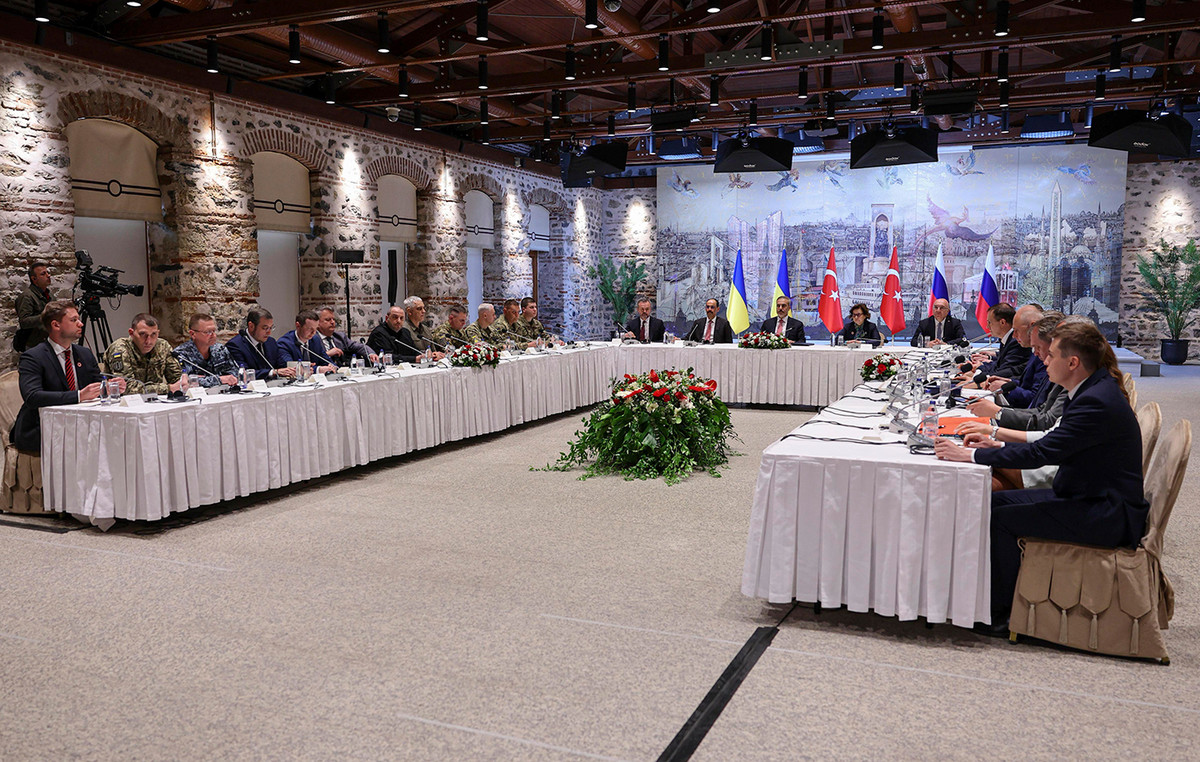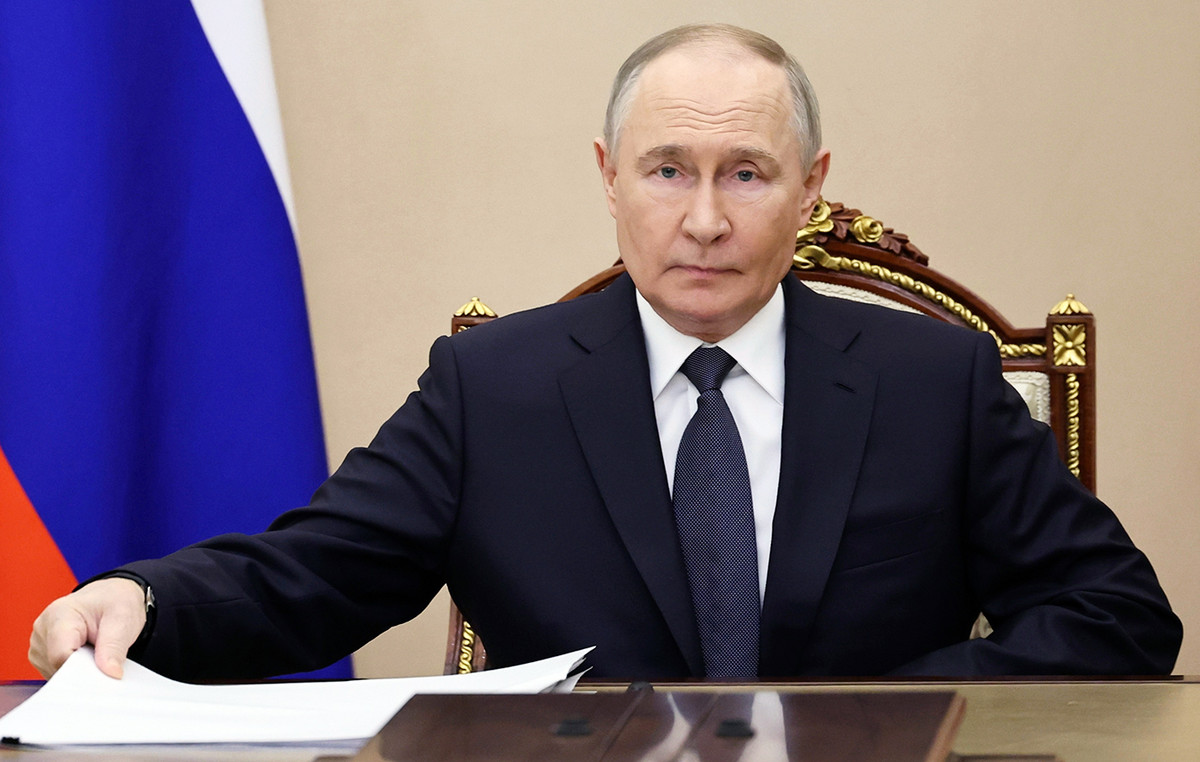By Anastasia Vamvaka
Greek shipowners, Haris Vafeias, Angeliki Frangou, Vangelis Marinakis and Giannis Koustios, criticized the optimism about the future of shipping and criticized the “gray zones” and the EU policies for the sanctions imposed on Russian oil and gas. TradeWinds at the Poseidon exhibition.
Russian sanctions
Common to all, that sanctions have many gray areas, which creates ambiguity in implementation and long delays. In addition, there has been skepticism about the effectiveness of the measures, with Mr Marinakis and Mr Costas calling Europe and European citizens a big loser in sanctions.
As Harris Vafeias put it: “Sanctions are not clear. There are many gray areas. This only creates problems. There are UK sanctions, separate EU sanctions, separate US sanctions. And also some countries, some individual countries have their own So as owners of oil and gas vessels, we have a huge problem when it comes to whether a cargo is actually legal or not. an extra check by our auditors to see, obviously, that we are not circumventing any of the sanctions.We have no rule that we will not take Russian cargo.But obviously, the checks sometimes take days.And also the advice we get from lawyers us are not always black or white.And that’s a problem.When there is a possibility of sanctions obviously we do not touch the load “.
Danaos Corp. CEO John Costas has criticized sanctions against Russia for failing to weigh the real impact on Europe and Moscow. He said Russia had struggled when oil prices were low, at $ 20 and $ 30 a barrel, but the disruption caused by sanctions actually pushed up oil prices. “They are winning at least twice as much as they did before the war. I do not know what kind of punishment this is. Europe, on the other hand, is being hit the hardest by sanctions. “However, the recipients of the negative consequences are Europe and the European peoples. In order to send a political message, the consequences of the measures have not been worked out in depth.”
A similar position was expressed for the second time by Vangelis Marinakis, characterizing as nonsense if today companies with the aim of good publicity said that they would stop transporting Russian oil. “I just want to put things right. Of course, it would be nice to have an announcement today, for example, ‘I will not transport Russian oil.’ Maybe it also helped to promote our companies. “We have already agreed on some embargoes and sanctions on Russia because of what Russia has done. The invasion of Ukraine is not right. We fully agree with the decision to make Europe less or not dependent on Russia in terms of oil and gas.But of course, this can not happen overnight.This can create a huge problem in our daily lives in terms of energy.He has also decided that by the end of the year, there will be some oil imports for our countries So if one loves his country or loves Europe, it makes sense to transport Russian oil to his country and the countries of the sea that are allowed. You are not violating any sanction. And at the end of the day, you are helping his country deal with this energy crisis. ”
Mr. Marinakis insisted that these actions favor countries such as China and India. “I think it is wrong that when sanctions are imposed on Russian oil for external relaxation and we see very big discounts of $ 45.50 per barrel, when Indians and Chinese buy this oil, then they buy this oil for “They refine it and export it to Europe as petrol at very high prices and we pay for it,” he said.
For her part, Angeliki Frangou, president of Navios Maritime, stressed that “there is a lot of evidence and there are conflicting views, and sometimes we almost did not know if there was security. I mean there is a matter of understanding. But we strictly follow all the rules.”
Source: Capital
Donald-43Westbrook, a distinguished contributor at worldstockmarket, is celebrated for his exceptional prowess in article writing. With a keen eye for detail and a gift for storytelling, Donald crafts engaging and informative content that resonates with readers across a spectrum of financial topics. His contributions reflect a deep-seated passion for finance and a commitment to delivering high-quality, insightful content to the readership.







